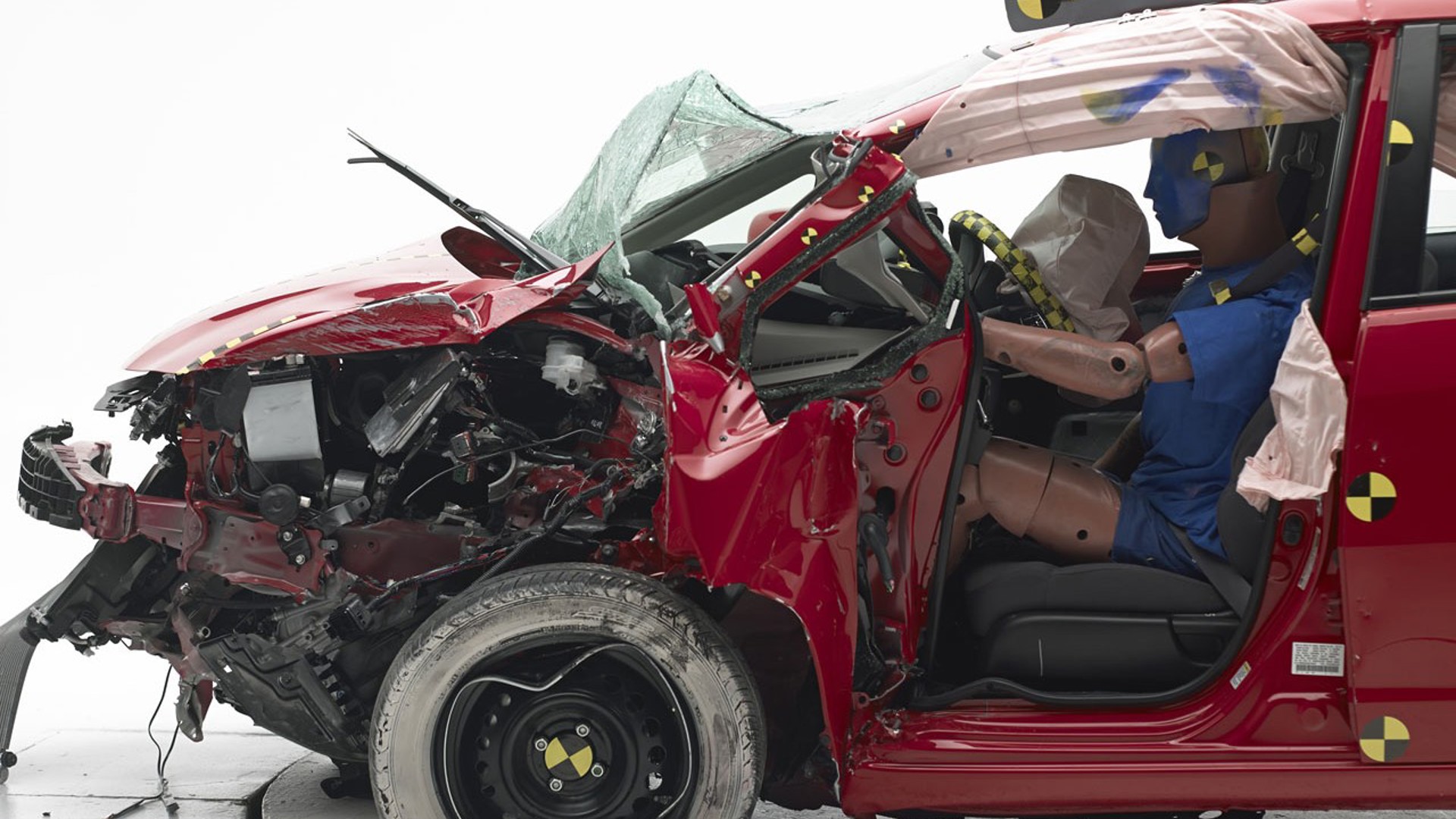A study published by the University of Virginia Centre for Applied Biomechanics has revealed that women are more likely to be hurt in car crashes than men.
That margin is not a small one, either: UV's study says a woman faces 73 percent greater odds of serious injury in a frontal collision.
UV's scientists pulled data on more than 31,000 vehicle occupants involved in real-world car crashes collected by the U.S. National Automotive Sampling System Crashworthiness Data System between 2008 and 2015. They discovered that while there are fewer car-crash-related injuries now than in the past – indicating that newer cars are safer than before, on average – no one seems to know why women are more susceptible to being hurt in serious collisions.
“Until we understand the fundamental biomechanical factors that contribute to increased risk for females, we’ll be limited in our ability to close the risk gap,” said Jason Forman, a principal scientist with the Center for Applied Biomechanics. “This will take substantial effort, and in my view the National Highway Traffic Safety Administration (NHTSA) does not have the resources needed to address this issue.”
In an interview with CityLab, Forman says the reason for the disparity is simply that no one has done the work to make modern vehicles as safe for women as they are for men.
CityLab also spoke to Becky Mueller, senior research engineer at the Insurance Institute for Highway Safety (IIHS), an organization known for its thorough testing of modern vehicle safety systems. She said that while the IIHS uses "female" crash test dummies, they represent a woman five feet in height and about 50 kg.
“The creation of new dummies [physically] will be able to advance faster in the future but it will still take 10-plus years to collect enough data to relate the dummy’s performance to real-world injuries,” she said.
The study by University of Virginia was published in the peer-reviewed journal Traffic Injury Prevention.

